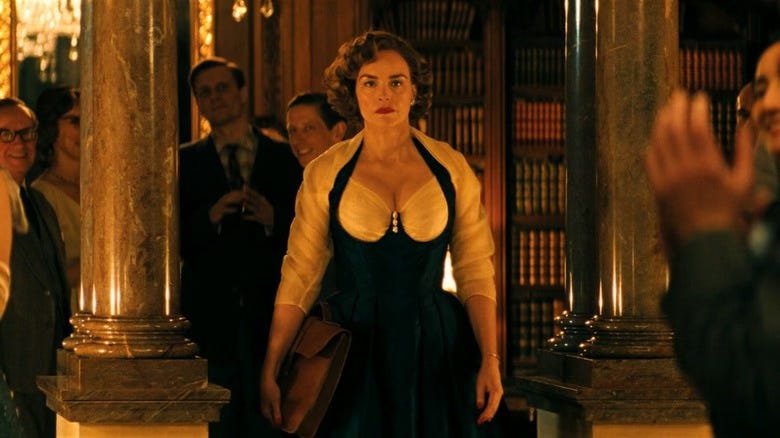Hedda
2025
Henrik Ibsen’s Hedda Gabler is one of my favorite plays, so when I saw that Nia DaCosta was making a film adaptation this year, I was excited. When I saw that she had cast Tessa Thompson in the title role, I was slightly wary. Thompson is an actress who can be anywhere from great to bad. I saw that the film’s setting was moved from nineteenth-century Sc…




